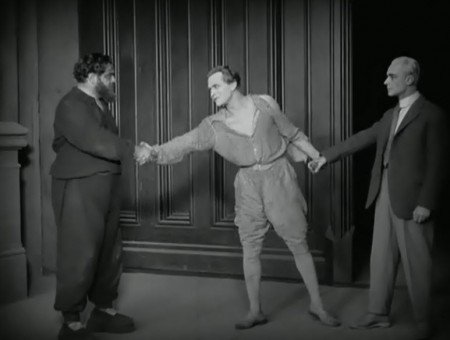In today’s context, one is compelled to view 1920s German films as Art brought to life. Indeed, the lack of a coherent plot; and sometimes, even characters; seem to represent Expressionist pieces of art brought into motion pictures and films rather than witnessing a story being unfolded in visual media. (Granted, there are still artisanal films being produced today)
Fritz Lang’s Metropolis, however, proved to be a departure from the aforementioned grossly overgeneralised analysis. Nevertheless, the film still proved to be more congruent with the characteristics of Die Neue Sachlichkeit.

The mechanical behaviour of the lines of workers changing work shifts reflects the depressive and neurotic sentiments of the Germans during the immediate years that followed the Great War.

Perhaps, it also sought to highlight the social issues that plagued the German society during these years. It is also noteworthy to point out the Marxist influences on this film, with the uprising of the workers against the bourgeois, perhaps in reflection of the burgeoning communist societies during the early 20th century. However, the plot progression witnessed a departure from the usual characteristics of Neue Sachlichkeit. The building of bridges between the bourgeoisie and the working class at the end of the film was strangely uncharacteristic of the genre.

Yet, this film still managed to have elements of the German Expressionist film. The sense of horror conveyed during the introductory scenes (and especially that of Freder’s first time witnessing the machine which caused a hallucination of Moloch) was indeed representative of Expressionism.
Metropolis, nonetheless, indeed earned its reputation as the zenith of German Expressionist Cinema. The amalgamation of these elements together arguably created the epitome of the very characteristics that defined the Golden Age of Cinema during the 1920s.
